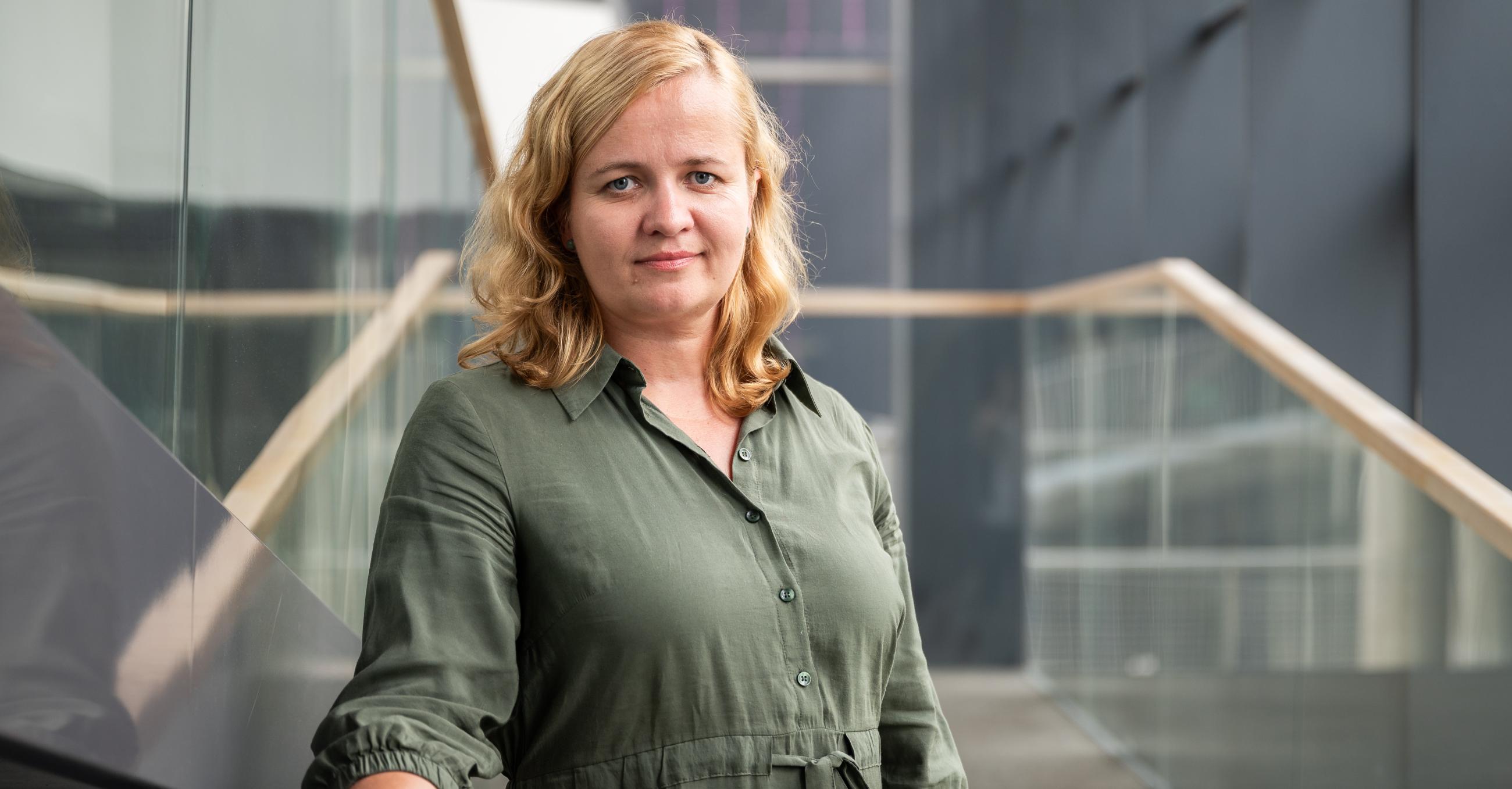Contradictions in the development of Estonian schools: a recent PhD thesis shows bottlenecks as opportunities for improvement
Every day, Estonian general education schools face high expectations in developing our teaching and learning culture. Parents, the community and the state have different and often conflicting demands and wishes. For school directors and teachers, this means constant decisions and the strain of choosing what to dedicate their efforts to.

Although Estonia's education system is known for its high degree of autonomy, school directors often do not get to work on substantive development because their time is consumed by administrative responsibilities. This highlights a number of obstacles, inconsistencies and bottlenecks in school development.
The doctoral thesis of Kätlin Vanar, a PhD student at Tallinn University’s School of Educational Sciences, shows that contrary to popular belief, there is positive potential in the bottlenecks of school development.
The thesis highlights three main contradictions that characterise Estonian general education schools. In order to identify these contradictions, schools were analysed as closed systems that interact with the outside world through specific forms of communication. The thesis focuses on three of them: the development plan, the curriculum and the internal evaluation. Interviews with school directors and teachers in addition to document analysis helped to understand why good intentions often do not lead to real change.
Kätlin Vanari highlights three paradoxes.
First, the paradox of confusion of development paths, which shows that the objectives set in development plans are unclear and contradictory.
Second, the paradox of hierarchical curriculum management, whereby the school leadership delegates curriculum development to teacher teams, often leaving teachers alone to make decisions about the content of their subjects. This means that the goals set by the school do not actually reach teachers and students in the classroom.
Thirdly, the paradox of weak feedback, which shows that the feedback methods currently used in schools in Estonia, such as regular internal evaluation, interviews with school leaders and national surveys, do not support real progress in schools.
At first glance, such contradictions may seem to be hindering the development of schools.
Yet the thesis opens up the paradoxes of school development from a perspective that allows us to understand them in a way that makes opportunities in the complexity of school development evident. The paradoxes of school development keep the debate open, and so there is a constant need to rethink what is being changed and why. It is precisely these conflicting expectations that force us to find new and better solutions for development. This is how paradoxes make schools stronger as a system. By learning to live with contradictions, the school becomes more flexible – which in turn improves its ability to cope with change.
The thesis helps to understand why good change often fails to take hold in Estonian general education schools – and how to overcome these obstacles. Looking at school development in a new light, it is clear that contradictions are not obstacles to progress, but opportunities that lead to more creative solutions.
The thesis defence
Kätlin Vanari is a PhD student at Tallinn University’s School of Educational Sciences.
Her doctoral thesis is entitled "School improvement planning, curriculum development and self-evaluation: exploring the complexity of school improvement through the lens of social systems theory" („Kooli arengukava, õppekava ja sisehindamine: kooliarenduse keerukuse uurimine sotsiaalsete süsteemide teooria perspektiivist“).
Public defence of the thesis will take place on 10 October 2025 at 11:00 in Tallinn University Hall M648. You can also follow the defence and ask the degree candidate questions through Zoom.
Supervisors are Eve Eisenschmidt, Senior Professor of Educational Leadership at Tallinn University, and Veronika Kalmus, Professor of Sociology, University of Tartu.
Opponents are Michael Uljens, Professor at Åbo Akademi University and James P. Spillane, Professor at Northwestern University.
The thesis is available in the Tallinn University Academic Library environment ETERA.